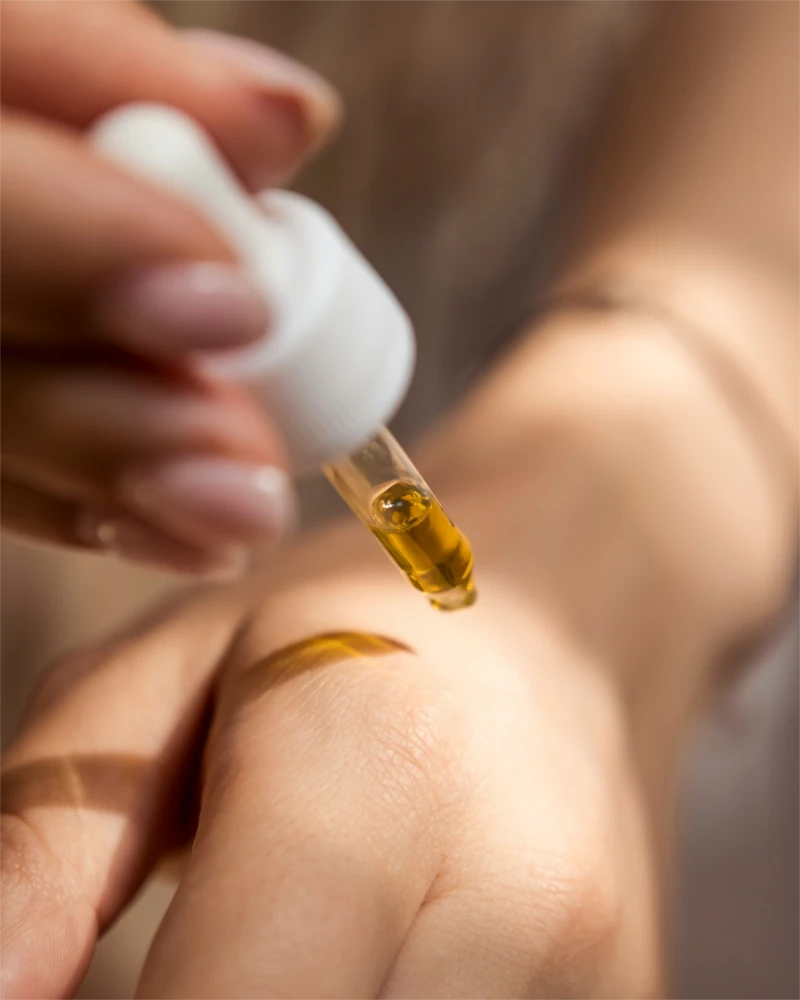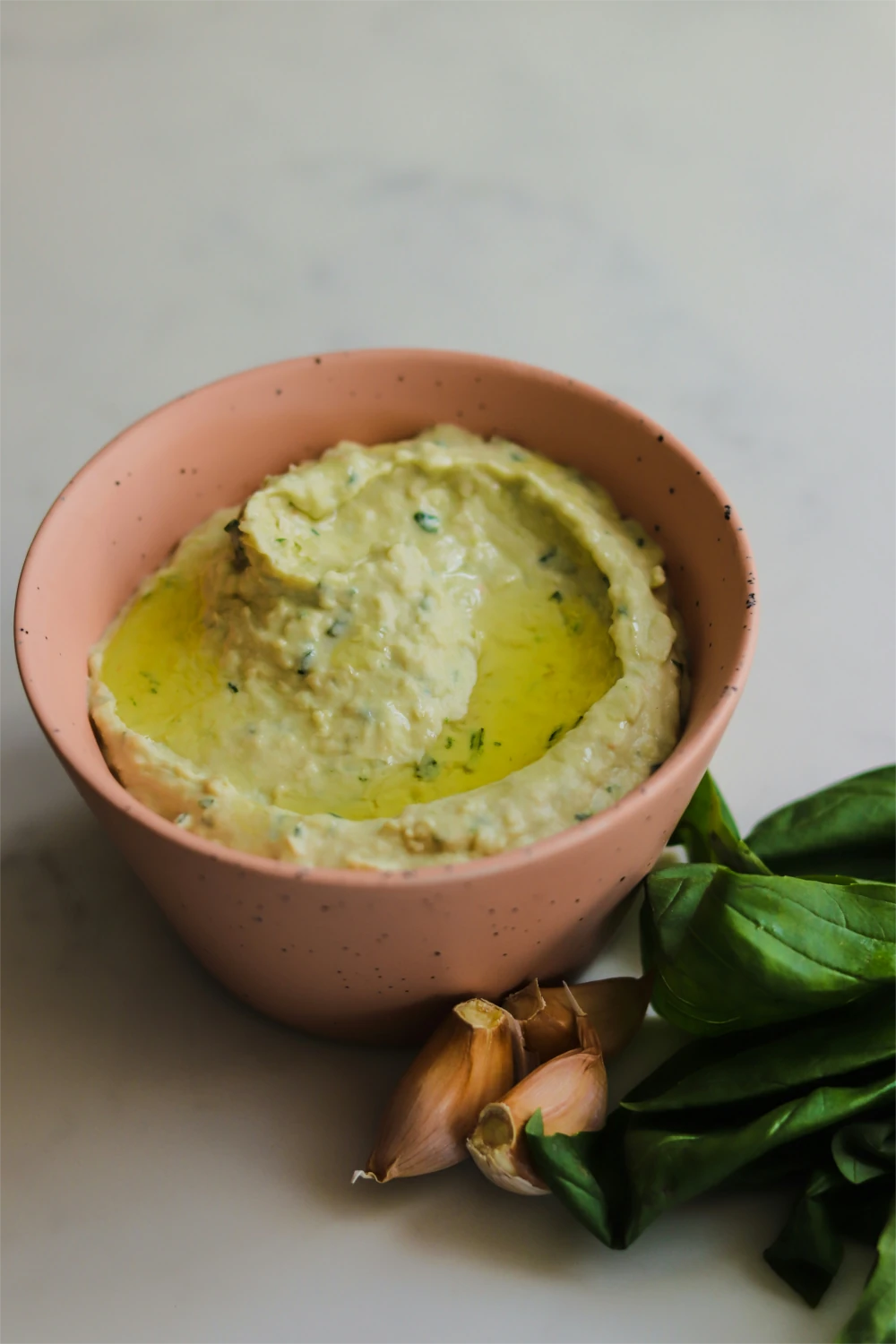
Extra virgin olive oil and its antibacterial properties
26 March 2024
Does olive oil kill bacteria? Can it help with common infections such as h. pylori? Find out why we (and the Greeks) recommend taking between 2 and 4 tablespoons a day.
The ancient Greeks used to bathe themselves in olive oil, not just to make their body glisten in the light, but they believed it was good for them. It’s not just the Greeks that carry out this practice though, olive oil is still taken daily for its health benefits by people today, it’s even still applied to skin. But are we and the Greek’s right? Does extra virgin olive oil actually possess healthy antibacterial properties? And, does the more healthy type of olive oil - high polyphenol - amplify these effects?
Application on skin

Olive oil being applied to the skin
Antibacterial Effects
This study concludes that “olive is a natural and safe substance that contains antioxidants, anti-inflammatory, antibacterial, and antiviral properties, and its use in wound healing or speeding up its process is recommended.” This claim is based on the results of many studies. In one study looking to explore the antibacterial effects of EVOO (extra virgin olive oil), a cream containing both virgin olive oil and aloe vera was applied to Atopic Dermatitis (Eczema). The group of people that had this cream applied had a recovery rate of 64.5% - much higher than the 13.5% recovery rate seen in the betamethasone group (a steroid cream commonly used to treat eczema).
Structure and Wound Healing
Fibroblasts are a type of cell that helps to support connective tissue. They produce the structural framework of the skin and organs by producing proteins like collagen fibers. A study looking at the benefit of olive oil for skin health concluded that certain compounds in the olive oil have a beneficial effect on these fibroblasts. The compounds helped to increase the number of these useful cells, helped them migrate to the areas they were needed, and improved key markers in the wound healing process.
More research on this is needed but this is valuable evidence that EVOO is beneficial to the skin in general, soft tissue regeneration, and wound healing. Similarly, Manuka honey, specifically high MGO manuka honey, has also had many studies undertaken on its effects on cuts, grazes, and burns - showing similar antibacterial and wound healing effects to those discussed above.
Taken by mouth

EVOO mixed with hummus
The health effects of EVOO, specifically high polyphenol EVOO, are well documented. But, what about specific antibacterial effects on the gastro system?
General Gut Health
Polyphenols of EVOOs are able to inhibit in vitro, generally in a synergistic way, the growth of pathogens responsible for some intestine and respiratory diseases.
Olive polyphenols could contribute in inhibiting the growth of Helicobacter pylori [4] and that of some foodborne pathogens, such as Escherichia coli, Listeria monocytogenes and Salmonella enteriditis [5]. EVOO demonstrated a good antimicrobial effect against Salmonella Typhi [6].
From the quotes above, we can see that EVOO has the potential to prevent foodborne pathogens, in addition to intestine and respiratory disease - especially oils with a strong polyphenol profile. This antimicrobial effect can be achieved from daily consumption of olive oil, most studies agree on the range 2 - 4 Tbsps a day.
H. Pylori
Partly due to its phenolic compounds, studies have found that EVOO has a bactericidal effect on Helicobacter pylori. After two pilot studies were undertaken, it was concluded that virgin olive oil had a moderate effectiveness in eradicating H. pylori in humans. Although these studies only showed moderate success, they were using virgin olive oil in isolation to eradicate H. pylori - which is quite some feat. Usually this is achieved by a strong course of multiple antibiotics at once, in addition to a PPI (proton pump inhibitor) like Omeprazole.
The information in this article is not medical advice, always consult with your doctor for the diagnosis or management of a medical condition.
Browse our high polyphenol extra virgin olive oils
Browse EVOOsComments
There are 0 comments.